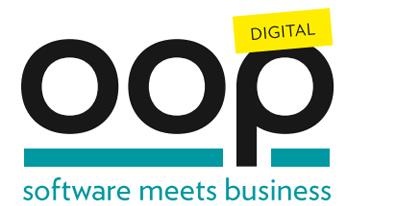
Konferenzprogramm
Die im Konferenzprogramm der OOP 2022 Digital angegebenen Uhrzeiten entsprechen der Central European Time (CET).
Unser Programm gibt es auch als praktische PDF-Datei >>Zum Download
Rust in a Polyglot World, from Client to Cloud
While Rust is typically pitched as systems programming language, it is equally adept at application development thanks to its high level features and great tooling. In addition to increased performance, native code has the advantage that it can easily be reused across different system components, an advantage even more pronounced in polyglot environments. In this talk, we would like to present our experience of using Rust to write core components in such a polyglot system.
Target Audience: Architects, Developers
Prerequisites: Basic knowledge of Python, Java
Level: Advanced
Extended Abstract
While Rust is typically pitched as systems programming language, it is equally adept at application development thanks to its high level features and great tooling. In addition to increased performance, native code has the advantage that it can easily be reused across different system components, an advantage even more pronounced in polyglot environments.
In this talk, we would like to present our experience of using Rust to write core components in such a polyglot system. The systems spans different contexts, from client to cloud, and different programming languages, from Python to Java, respectively. We will showcase how the Rust language itself and its tooling simplified this task and discuss different integration patterns.


